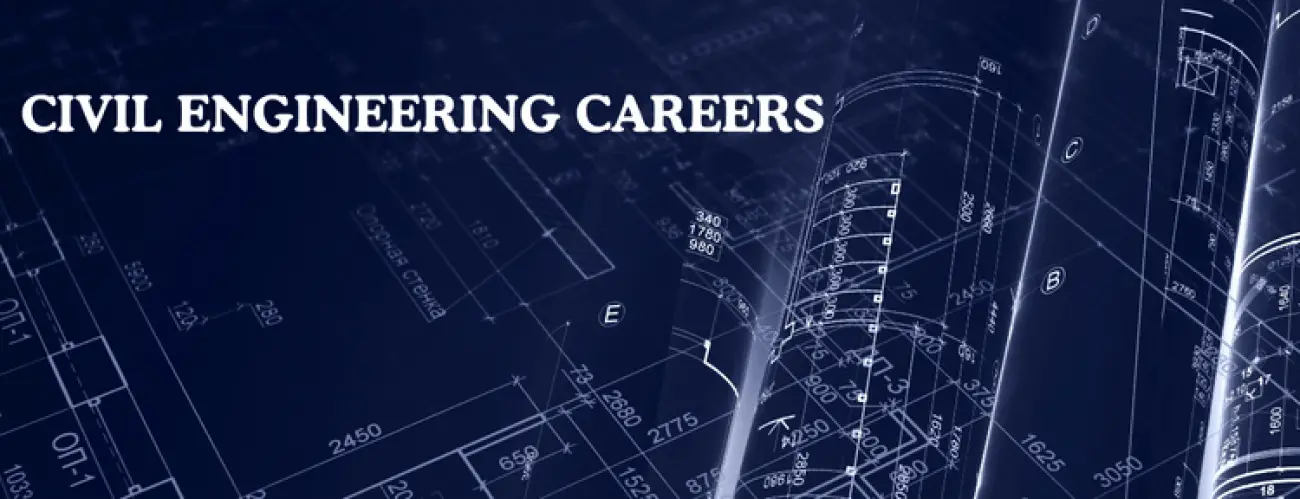Electrician Education Requirements
This article focuses on the various educational and career requirements necessary to become a qualified electrician.
Updated by Rakshitha.N on 14th September 2020
People often ignore the job of an electrician unless the power flows. But electricians are more important in lighting the nation by installing writing and maintaining proper power supplies without fluctuations. For a layman, becoming an electrician may seem easy and simple but the career path of an electrician consists of their own journey and steps to be followed, education requirements, and also career requirements such as training, licensing, and skills to land on the job.
Also, the roles and responsibilities performed by electricians earn an average salary of about $49,320 and job growth of 2018 to 2028. With additional jobs created and increasing opportunities, you can choose to work as a self-employed or at a company.
In this article, we will discuss the necessary requirements to become a qualified electrician.
Qualifications to Become an Electrician
Technically, there is no necessary degree level to be earned, but the minimum basic educational requirements is a high school diploma or a General Education Diploma (GED). Completing this program successfully gives you all the necessary skills and knowledge to pursue your career in this field. The next step is to get trained through an apprenticeship program which gives a theoretical and hands-on experience that plays a major role in obtaining your license.
High School Diploma
The first requirement is to get educated through a high school diploma or equivalents such as a General Education Diploma (GED). you gain the prerequisites and the knowledge to work in this field. The courses under this program are basic and general such as Algebra, trigonometry which helps you determine the wiring measurements, angle of a circuit, and calculations of the electrical current force. Also other courses are English, history, physics, chemistry and others.
The practical courses include workshops and laboratory practices to educate on electronics, automotive mechanics, or woodshop.
Vocational Program
After meeting the educational requirements, you are required to choose either an apprenticeship or a vocational program. Under a vocational program, you learn the circuitries, calculations, theories and electrical codes, information, and the skills required to work. These programs also help you connect with the other electricians and build a network to get a firm hold in this profession.
Apprenticeship
Apprenticeship is another training program which is held for a certain number of hours which provides formal training on the safety measure, principles, electrical instruments, equipment, circuits, blueprint reading and electric codes/ it is a combination of classroom training as well as a practice under the supervision of experienced electricians. The practical section also includes practice wiring outlets and soldering of the electrical materials. After completing the apprenticeship you are also required to take a course on National Electrical Code (NEC) based on the state requirements. You could also choose the apprenticeship program with a specialization of your choices such as Outside lineman, Inside wireman, Telecommunication tech and Residential wireman.
License requirements
Earning the state license and getting employed is the final step in the career path. After completing your training programs you are eligible to obtain the license based on the state regulations. Submitting your certification of completing, test scores, and your experience gained you are giving a licensure exam. On clearing that, you could start your next journey by working as an electrician.
Skills Required
-
Connect with people
-
Good communication skills
-
Physically able
-
Analyzing the problem
-
Problem-solving skills
-
management skills
-
Attention to detail






61.png)
